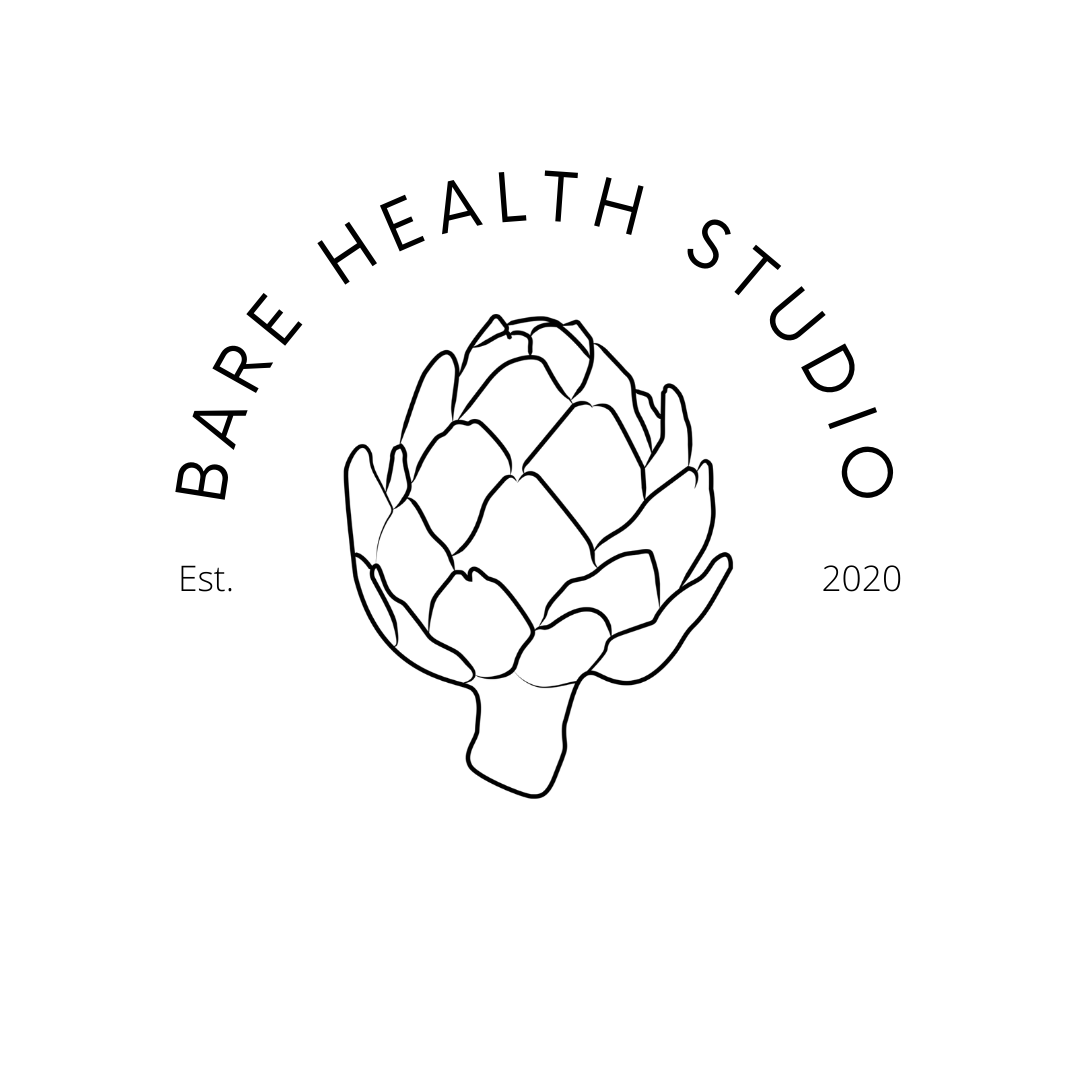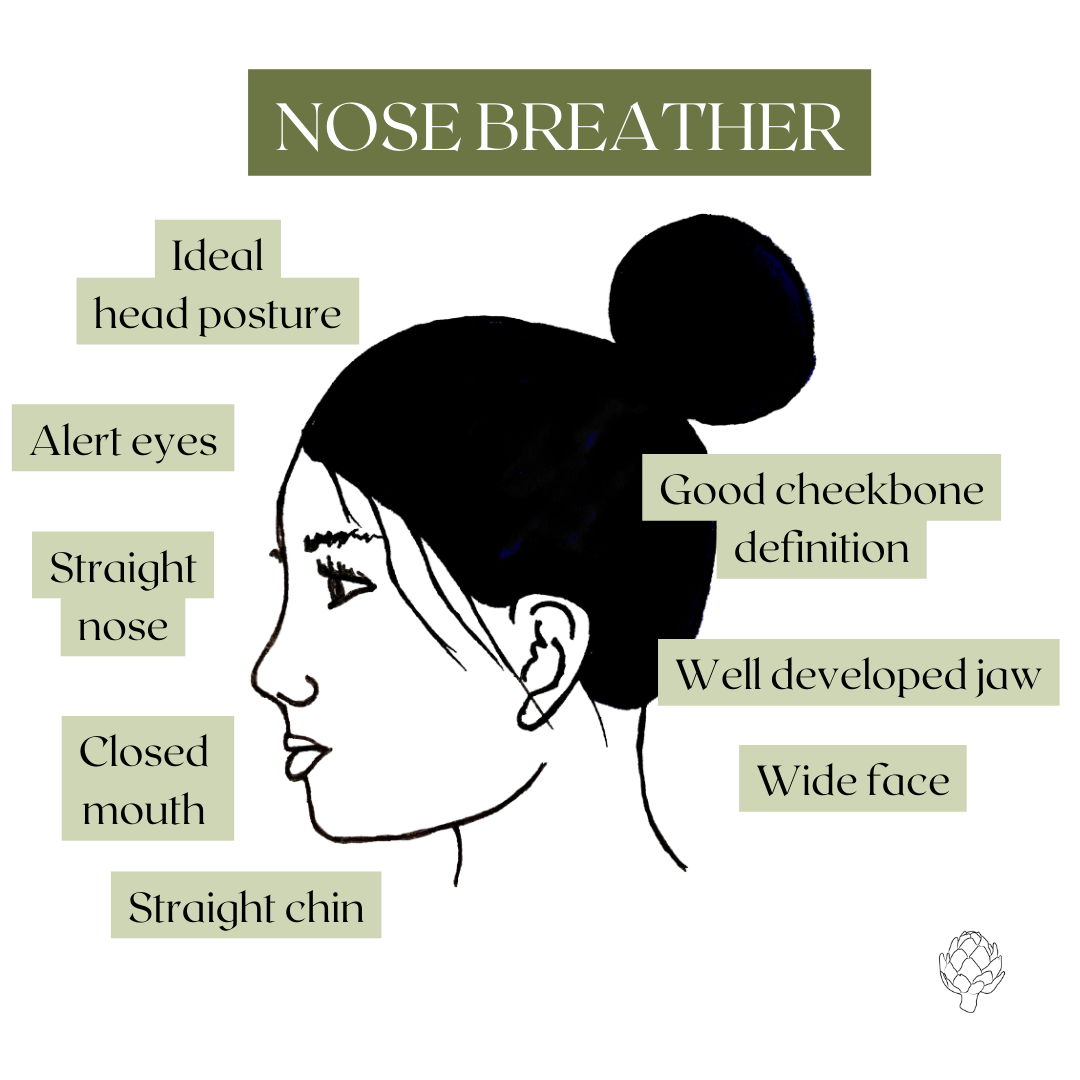Nose Breathing vs Mouth Breathing
Do you breathe through your nose? The old saying of ‘close your mouth or the wind will change and it will stay like that’ has more wisdom to it than one may think.
Breathing through your nose, as opposed to breathing through your mouth, is how humans are designed to breathe. This is evident in the significant benefits attributed to nasal breathing, and the many negative side effects that evolve from mouth breathing.
Primarily, breathing through the nose promotes adequate facial development. When we nasal breathe, the tongue is more likely to be placed on the roof of the mouth.
This functions as what can be described as the body’s ‘natural braces’, and promotes outwards facial and jaw growth, enabling enough space to hold all 32 adult teeth and adequate airway development. As a result, we can breathe better and are less likely to have dental crowding requiring orthodontic treatment. The impact of nasal breathing on facial development is most influential in children as their bones are more malleable. Additionally, when we breathe through our nose, we significantly increase nitric oxide production in comparison to mouth breathing. Nitric oxide dilates and relaxes the blood vessels, so more oxygen rich blood can pump through the body. For example, when someone has angina they may be prescribed nitroglycerin (GTN) spray to help with acute angina attacks. This medication achieves its results by creating nitric oxide, which causes vasodilation and increased blood flow to the heart, reducing one’s chest pain. However nasal breathing is the body’s own way of producing a constant supply of nitric oxide! As a result, more oxygen rich blood circulates throughout the body and nourishes the organs, such as brain and heart.
“When we breathe through our nose…more oxygen rich blood circulates throughout the body and nourishes the organs, such as brain and heart.”
Contrastingly, when we breathe through our mouth there is no way our tongue can be on the roof of the mouth (you can try doing this!). Therefore, the tongue contributes no ‘natural braces’ support to the jaw or face, and there is often a downwards development of the face. This contributes to a long and narrow face with insufficient space for all the adult teeth, leading to dental crowding and often orthodontics with removal of teeth. One may start breathing through their mouth due to unidentified allergies or chronic sinus problems.
“One may start breathing through their mouth due to unidentified allergies or chronic sinus problems”.
Furthermore, for many obstructive sleep apnoea can stem from the mouth being open and the tongue falling back into the airway during sleep. The obstruction of the tongue blocking the airway is what causes the snoring sound. Obstructive sleep apnoea greatly reduces oxygenation of the body overnight as the tongue is literally partially blocking one’s airway. We can train our bodies to breathe through the nose during the day so that there is a better chance of nasal breathing at night.
Our health is influenced by how we eat, sleep, move, think and breathe. As a nutritionist, I believe that our diet is of utmost importance, but someone with the best diet may still find themselves suffering from poor sleep, low energy, poor concentration, or chronic sinus issues. If this is the case, then looking at one’s breathing habits may be an important consideration.
Written by Brittany Ford, Clinical nutritionist and registered nurse.



